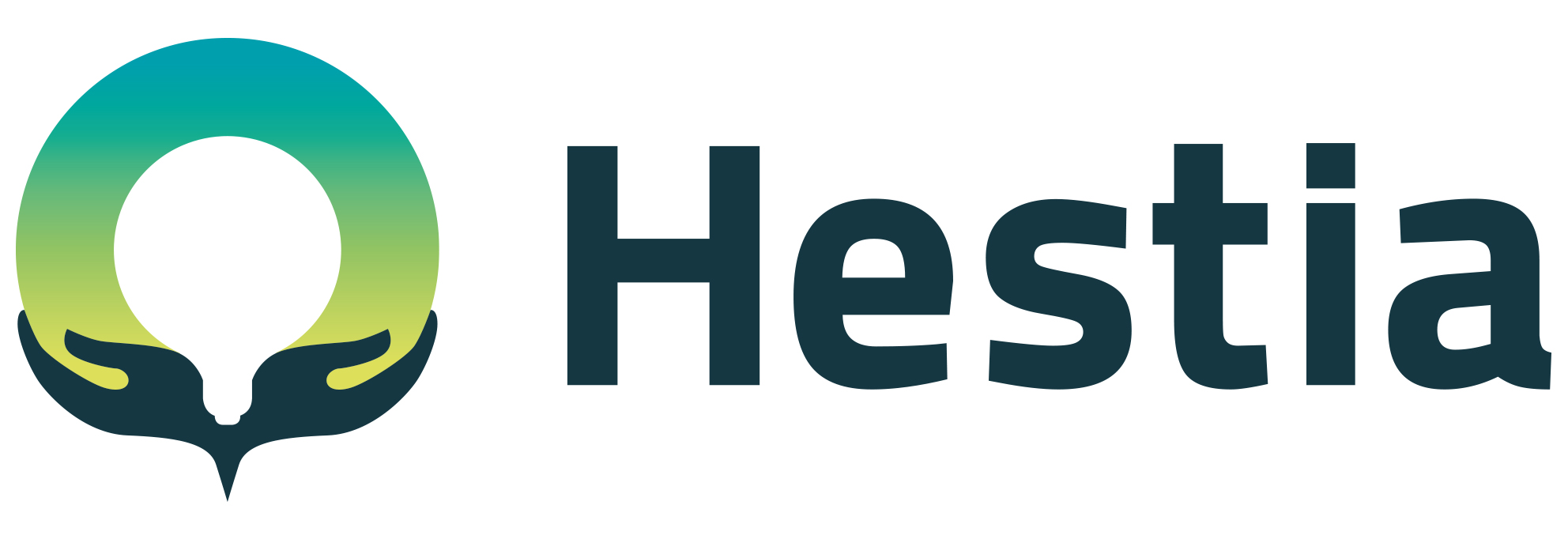Project Name: Holistic demand response services for European residential communities
Description
HESTIA aims to demonstrate the potential of innovative Demand Response (DR) services for residential communities to save energy, reduce CO2 emissions and bring economic benefits across the value chain, while valorising the consumer engagement and flexibility at demand-side. HESTIA will integrate state-of-the-art and emerging ICT tools to enable the next generation of DR services for residential communities of consumers and prosumers, by leveraging the consumer engagement, decentralised renewable energy production, energy storage and DR mechanisms.
HESTIA's specific objectives are to: i) engage end-consumers to take an active part under a cooperative DR strategy; ii) improve the predictability of consumer behaviour for fair distribution of benefits; iii) unlock the DR potential to enhance the grid security and reliability; iv) provide an optimal behind-the-meter control strategy to maximise the exploitation of renewable energy; v) increase RES hosting capacity by combining data and services across different sectors; and vi) demonstrate effective business models ready for a large-scale replication.
HESTIA will align with recommendations of the EU Smart Grid Task Force (SGTF), in terms of smart grid interoperability and integration, while leveraging the SGAM framework as proposed by SG-CG. To facilitate semantic interoperability for demand side flexibility, HESTIA will use the SAREF model (Smart Appliances REFerence ontology) standardised by ETSI (TS 103 264), and its extension SAREF4ENER. HESTIA will also exploit interoperability standards such as CIM instances for energy management IEC 61970, distribution management IEC 61968, and IEC 62325 used for energy market data exchanges in Europe.
HESTIA will comply with the EU’s regulatory environment for data privacy, protection, and management to ensure improved interoperability. In this regard, a dedicated task (T8.5) was envisioned to contribute to existing or emerging standardisation efforts related to smart grid integration and interoperability, through dialogue (meetings) with Technical Committees (TC) and Working Groups (WG).
Task 8.5: Standardisation activities alignment and support
This task will support and align with contemporary standardisation activities related to the application of ICT enablers of DR services. This will consider contribution to the existing or emerging standardisation efforts related to the data handling and data management issues (e.g. considering follow-up activities to CEN-CLC-ETSI M/490). In this regard, HESTIA will also align with the recommendations of Smart Grid Task Force (SGTF) in terms of the smart grid interoperability and integration (e.g. integration of smart metering, Evs and grid assets). In addition, this task will be active in domain of semantic interoperability for demand side flexibility, by leveraging the model specifications such as, SAREF model which is standardised by ETSI (TS 103 264), and its extension SAREF4ENER. It will also consider the interoperability standards in domain of energy management IEC 61970, distribution management IEC 61968, and IEC 62325 used for energy market data exchanges in Europe. HESTIA will be active in enabling the smart grid connectivity with aggregators and grid stakeholders, by investigating the specifications of SG-CG (e.g. SGAM framework), IEC TC57/WG21, Open ADR and USEF, which is still largely not regulated for residential sector across EU.
Deliverable D8.7: Report on the activities carried out in order to support the standardisation initiatives on data privacy, protection, and interoperability.
Reason for applying to HSbooster.eu services
The project needs support to successfully execute the Task 8.5: Standardisation activities alignment and support and to engage in dialogues with relevant Technical Committees, Working Groups and other standardisation initiatives on data privacy, protection, and interoperability.
The HESTIA project has suffered several delays in its scientific & technical development activities, which have affected subsequent tasks such as the standardisation activities (T8.5). Also, organisational changes within the Consortium composition and the partner leading this task have also caused delays. The project has been extended for one year (without increasing the project's budget). Therefore, expert advice and support from the Standardisation Booster service will be crucial to efficiently and effectively carry out the task T8.5 and achieve HESTIA's standards-related goals.
Mainly, the project needs support to understand the current standardisation landscape in the field of smart grid integration and interoperability and how the HESTIA project can contribute to improving existing and emerging standards.
Project Acronym: HESTIA

Grant Agreement Id: 957823
Start Date:
End Date:
Programme: H2020
Call for proposal: LC-SC3-EC-3-2020 - Consumer engagement and demand response
Funding Scheme: IA - Innovation action



